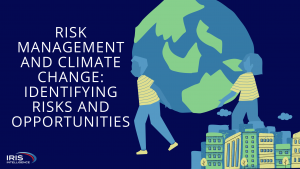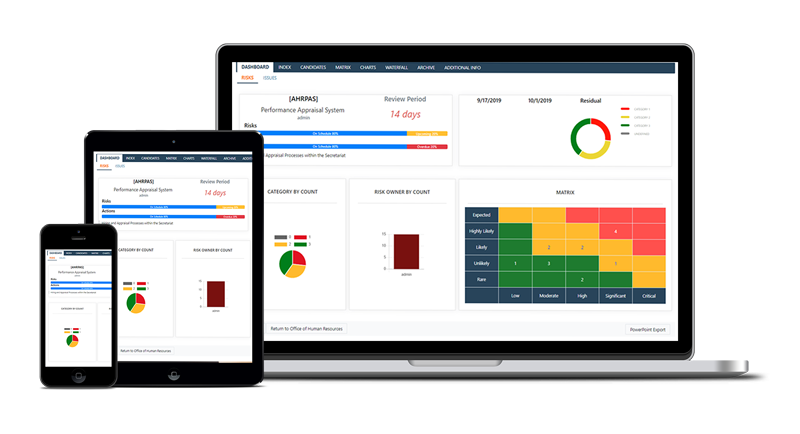One of the biggest challenges for the world is how to prepare for emerging risks. These are new and previously unknown risks, or familiar risks that appear in new ways. Very often our existing risk responses are inadequate to deal with this type of risk. After all, how can you predict or prepare for something that you have not seen before or that you did not expect?
The International Risk Governance Council (IRGC) published an important report in 2010 (“The Emergence of Risks: Contributing Factors” 1) which identifies twelve factors that can give rise to novel and previously unforeseen risks. IRGC suggest that by addressing these causal factors, we can prepare better for emerging risks and reduce their effect if they arise. The twelve factors are:
1. Scientific unknowns. Unanticipated risks can result from lack of knowledge or understanding about how the natural world or human systems work.
2. Reduced margins. The desire for increased speed and efficiency reduces the margin for error and leaves us more vulnerable if things go wrong.
3. Vicious cycles. Reinforcing negative loops can reduce stability and increase the effect of risk or change.
4. Varying vulnerability. The same risk can have different effects on people or organisations depending on their context, leading to unpredictable results.
5. Conflicting interests. People may have different views about the nature or importance of a risk, because of their values or interests, and this disagreement can allow the risk to emerge.
6. Social dynamics. Change in societies can generate new risks or affect existing ones in unpredictable ways.
7. Technological advances. Changes in technology can cause emerging risks, especially if supporting research is inadequate or if regulatory frameworks are inappropriate.
8. Time-based issues. A risk may be hard to predict if there is a long delay between its causes and its effects, or if its duration exceeds the attention span of analysts or policy-makers.
9. Inadequate communication. Risks can be created or enhanced by communication that is late, incomplete, misleading or absent.
10. Unbalanced information. New risks can arise if some stakeholders have key information about a risk but others are unaware, leading to poor decision-making or inappropriate actions.
11. Unhelpful motivators. Incentives that encourage counterproductive behaviours can lead people to take more risk than usual, with unintended consequences.
12. Malicious behaviour. Actions taken by people or organisations who intend to cause harm to others can result in unexpected risks with wide-reaching effects.
Understanding these generic causes can help us to design proactive and preventative risk responses. These can offer increased protection against emerging risks. Such responses might include:
- Improving our surveillance capability, through scenario planning, horizon scanning and uncertainty analysis, to spot potential emerging risks as early as possible.
- Recognising that people do not always act rationally or logically, then identifying and correcting for bias.
- Regularly reviewing and improving our decision-making and communication processes.
- Creating organisational flexibility to allow us to adapt and innovate when circumstances change.
- Building resilience into all levels, including personal, business and society.
These actions can enhance a risk-aware culture in our organisations and wider society, and help us to be better prepared for emerging risks, wherever they might come from.
The IRGC report can be downloaded here.
[© Copyright January 2012, David Hillson/Risk Doctor & Partners]






